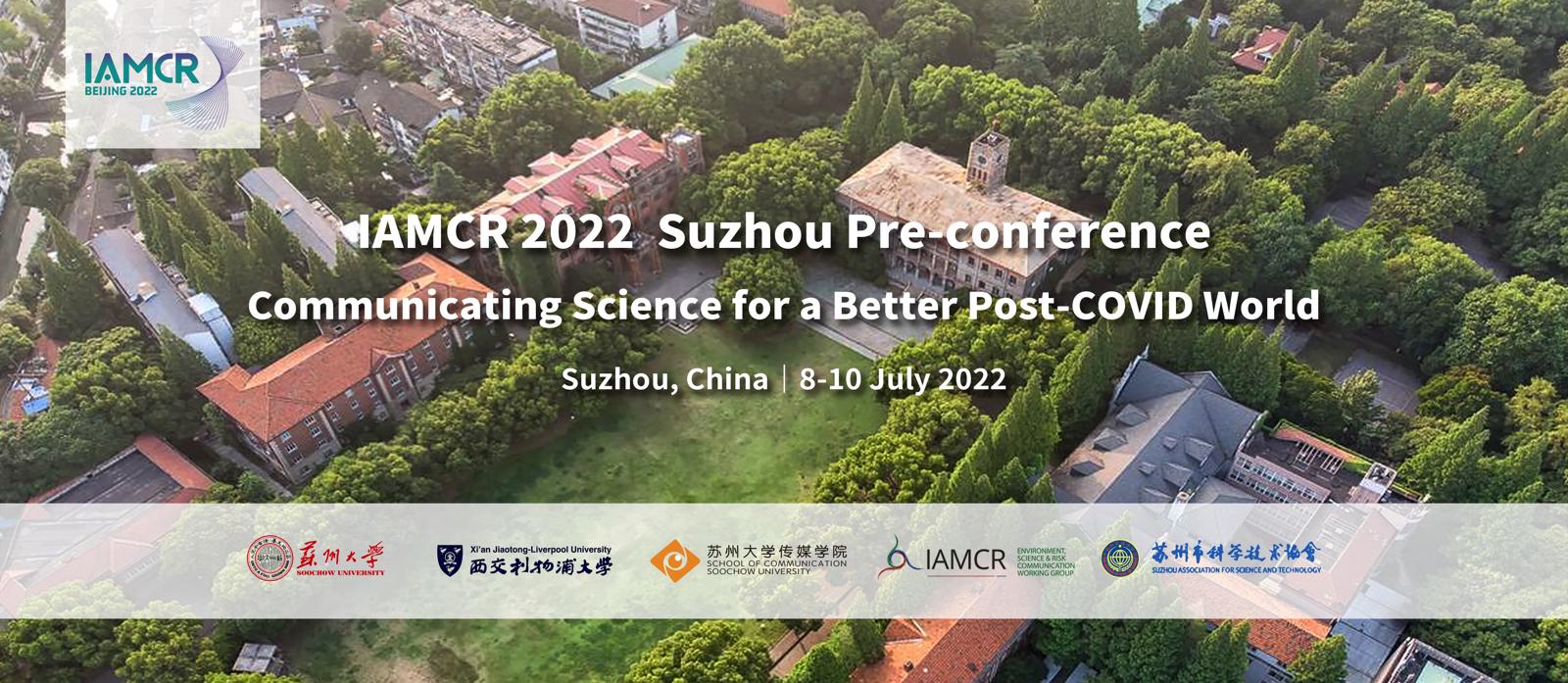In the era of digital media, people's fundamental need to belong and stay connected with others may be primarily realized through social media platforms. Permanently online and permanently connected irrespective of time and space limitations may lead to problematic use of social media (PUSM) which has a detrimental effect on people’s psychology, physiology, and even on society. In recent years, PUSM has received growing attention, but when figuring out the influencing factors of PUSM, most studies focus on the users’ level factors, ignoring the external factors perspective outside the individual, which presents to be narrow, one-sided to some extent and prevents us from fully understanding the formation mechanism of PUSM.
To this end, this research tries to understand the influence of external determinants on PUSM based on the institutional theory, which is a powerful theoretical framework to account for the impact of external institutions on organizations’ actions. The institutional perspective considers organization’s actions in the institutional field are guided and constrained by the values, norms, and beliefs. Similar to the organization, individuals’ behavior in the social environment is also shaped by these issues. So it’s feasible to use the institutional theory that explains organizational isomorphism to understand the common PUSM of individuals. Informed by institutional theory, we argue that there also exist three forces acting on individuals, which result in PUSM, respectively are mimetic force, coercive force, and normative force. Considering that these three forces are external structural factors, and the external factors may act through the individual’s internal factors, we further propose that external forces affect the formation of PUSM through the individual’s inner feeling (copresence), which is the mediator.
The scales are adapted from prior well-established instruments with appropriate revisions to fit the context of this study. An online survey (N=462) was conducted to collect data and test the research model. Results show that institutional forces exert an impact on PUSM through copresence. Among them, mimetic force can directly affect behavior outcomes while coercive and normative forces have no direct influence on PUSM. What is worth mentioning is that coercive force had a negative effect on PUSM while other two forces were positively associated with PUSM, which may be related to the mediator of copresence.
As PUSM has become a social ill instead of only individual behavior, the study on this special and vital issue is highly valuable. First, it enlarges the institutional theory from organizational studies to individual behavior research as well as to the context of social media use. Second, this study draws on institutional theory, which focuses on external environmental factors, to explore the formation of PUSM, providing a more macro and comprehensive understanding of PUSM. Third, the current paper enriches copresence research by confirming the critical role of copresence as a mediator in predicting PUSM. In terms of practical implications, the article finds that the effects of external factors such as social environment and organizational needs on individuals’ problematic behaviors can’t be ignored. So it will be more effective to apply a combination of internal and external interventions for PUSM.

 京公网安备 11010802039275号
京公网安备 11010802039275号